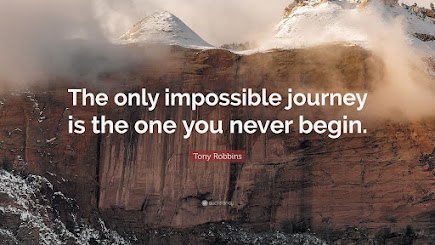"The greatest fear in the world is of the opinions of others. And the moment you are unafraid of the crowd you are no longer a sheep, you become a lion. A great roar arises in your heart, the roar of freedom." - Tony Robbins
Tony Robbins reveals a profound truth of human existence: "The greatest fear in the world is of other people's opinions." You change from being a sheep to a lion the instant you stop being afraid of the crowd. Your heart begins to roar loudly—the roar of freedom."
There is a comfort of being part of the crowd, being included. We are taught to accept the complexity of society norms and the influence of outside views when really, we should be ignoring them and standing tall, being our own unique selves.
In a society where opinions of others rule the day, Robbins pushes us to face our biggest fear: the fear of being judged and constrained by outside opinions. Why do we care what others think?
The symbolic loss of the sheep's coat represents freedom from conformity. To be fearless in the face of a crowd means to rise above the constraints of cultural norms, to let go of worries about being judged, and to value the essence of our uniqueness. Of expressing who we truly are, accepting our individuality, and defiantly defying social norms.
There is a profound shift that occurs when a person becomes a lion, an internal roar of freedom that reverberates throughout their entire being and resonates in their heart. Separating ourselves from the crowd, signifying the bravery to forge their own routes and lead genuine lives.
We must remember that the opinions of others have no power in the realm of the lion-hearted. Living authentically, following your passions, and making distinctive and significant contributions to the world makes you roar, makes you stand tall and be you.
Robbins tells us to accept it, allow it to resonate, and free yourself from the confining influence of other people's viewpoints. Be you, be loud, be proud and don’t let anyone dull your sparkle!






.jpg)
.jpg)















